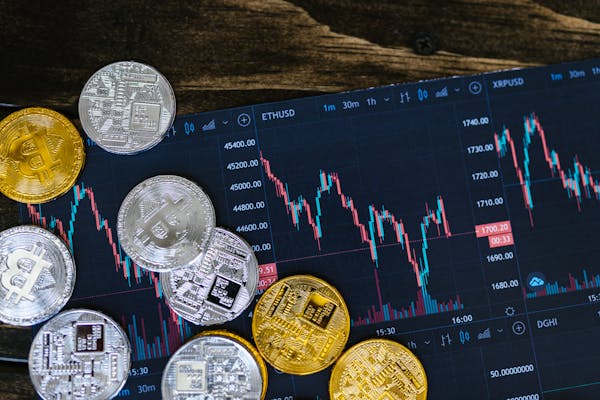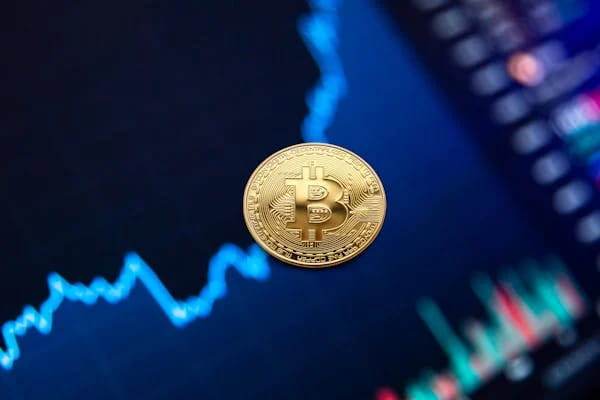Digital forms of money, for example, bitcoin, have gotten the extravagant of the whole world, and particularly Indians. Be that as it may, how treats government consider it? Here is a speedily prepared reckoner on the lawful condition of digital currency in India.
Around 100 million Indians own digital forms of money, as indicated by a new report by Broker Choose, making India’s crypto user base more significant than some other country’s on the planet. Such a speedy digital currency usage force us to know whether this is legal in-country or not. The response to that question depends on whether we are claiming digital currencies or involving them as legitimate coins.
Owning the digital currencies
Right now, no assembly covers digital currencies in India. In any case, this doesn’t imply that claiming cryptocurrency is unlawful. It essentially means that crypto proprietors will most likely be unable to fundamentally partake in the same degree of protection that proprietors of other resource classes do without any robust official structure. For example, in the financial framework, the RBI has named an ombudsperson who you can approach if you have a complaint with your bank. This may not be imaginable in the crypto space.
Indeed, digital money trades even without a trace of a strategy structure. For example, WazirX has created robust frameworks that consistently permit individuals to trade digital currencies.
The gigantic spike in the cost of cryptographic money has prompted an increment in the number of crypto proprietors in India, as referenced toward the beginning of this article. In the course of the last year, exchanging volumes on Indian digital money trades has expanded from $200 million to $40 billion.
Read more: Best cryptocurrency to invest in 2022
Media reports had recently shown that the public authority was excited about prohibiting digital currency by and large, given the vague idea of its exchanges. Be that as it may, the absence of guidelines encompassing bitcoin may change soon, as the public authority is set to table a digital currency bill in Parliament. In any case, Finance Minister Nirmala Sitharaman has sworn that the public administration will keep a receptive outlook regarding digital forms of money, considering that it offers the extension for quite a long time developments.
Read more: Benefits of using cryptocurrency as a payment option in businesses
Specialists say that the public authority might perceive cryptographic money as a resource, similar to land, stocks, or gold. This implies that the public authority might impose a capital additions charge on any benefits made after selling digital forms of money, similarly as in the wake of selling land or stocks. It clears that the law doesn’t say anything about digital money yet, but it is not illegal also.









